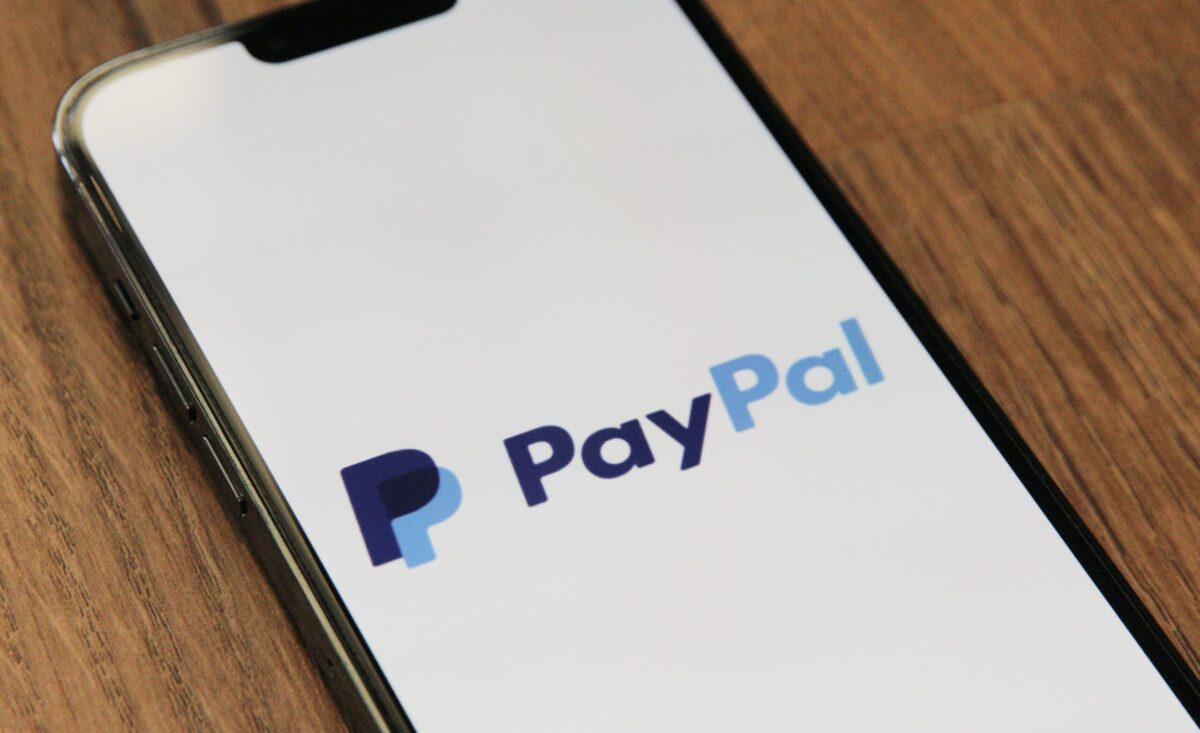Payment behemoth PayPal is facing a subpoena from the United States Securities and Exchange Commission (SEC), as reported by Reuters.
The SEC’s Enforcement Division action is regarding PayPal’s US dollar-pegged stablecoin ($PYUSD). It comes just three months after the official launch of $PYUSD in early August. It is issued by Paxos Trust Co., which is a New York-based financial institution and technology company specialising in blockchain.
As claimed by PayPal, its stablecoin is fully backed by US dollar deposits, short-term Treasuries and similar cash equivalents. It is built on top of the Ethereum blockchain and is said to be “designed for digital payments and Web3”.
On the occasion of its launch, PayPal’s president and CEO, Dan Schulman, had commented: “The shift toward digital currencies requires a stable instrument that is both digitally native and easily connected to fiat currency like the U.S. dollar….Our commitment to responsible innovation and compliance, and our track record delivering new experiences to our customers, provides the foundation necessary to contribute to the growth of digital payments through PayPal USD.”
As per a spokesperson for Paxos, $PYUSD has reached a $150m market capitalisation in the two months since its launch, enjoying quite a successful rollout. Its market cap at the time of writing stood at about $158m, with almost $2.7m in daily trading volume. The stablecoin is redeemable for US dollars at all times, can be exchanged for other cryptocurrencies on PayPal, and is transferable between PayPal and Venmo.
Many leading cryptocurrency exchanges have openly welcomed PayPal’s stablecoin ever since its launch. Coinbase started trading it on the platform on 31 August after ensuring that its liquidity conditions were met.
It’s official announcement said that the PYUSD-USD trades on Coinbase Exchange and Advanced Trade will receive the stable pair pricing of 0 bps maker / 0.1 bps taker. By that time, the stablecoin had already been listed on multiple exchanges like Huobi, Kraken and Crypto.com.
The payment giant then became the first major fintech firm to adopt digital currencies for payments and transfers. Back when it introduced $PYUSD, the firm had claimed that the regulatory environment around stablecoins in the US seemed to be gradually “progressing toward more clarity”.
However, the recent legal action doesn’t come off as a surprise on the back of multiple lawsuits issued by the SEC against many in the crypto industry. The regulatory watchdog is notoriously known for suing several of the leading companies like crypto exchange Coinbase exchange and fintech company Ripple Labs.
On the other hand, PayPal has also been making significant strides outside of the US. Last month, it received a green light from the UK’s Financial Conduct Authority (FCA) to offer cryptocurrency services in the country. The registration also allowed the UK branch of the company to approve its own crypto-related communications under the recently imposed marketing regime.
Back in August, PayPal had temporarily paused crypto purchases in the UK to comply with the regime. Its official statement said: “We remain deeply committed to our compliance obligations and PayPal consistently works closely with regulators around the world to adhere to applicable rules and regulations in the markets in which we operate.”


